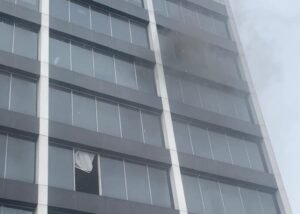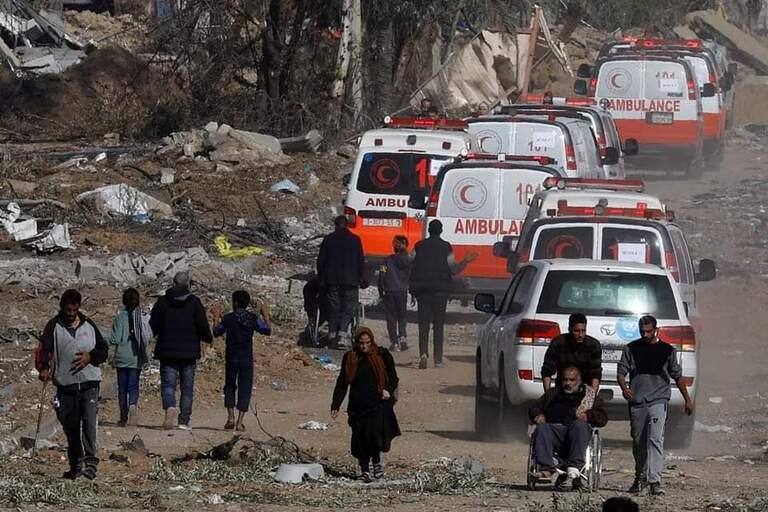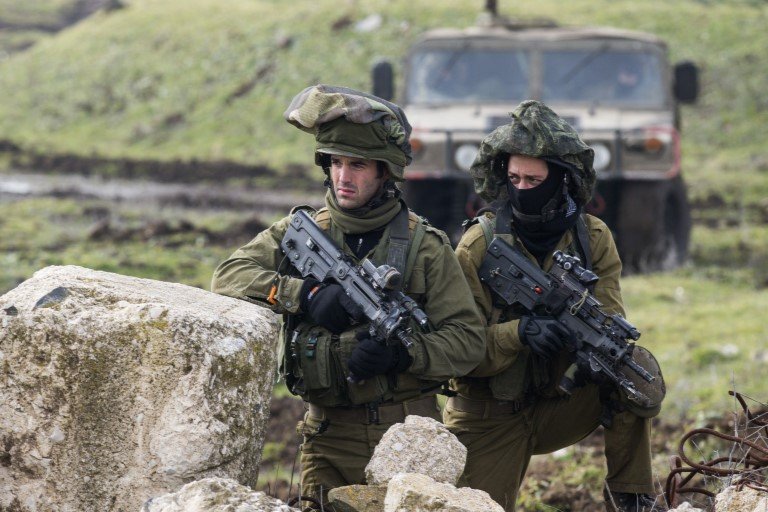The United Arab Emirates, UAE, has commenced construction of a nearly seven-kilometre water pipeline to deliver desalinated water from Egypt into southern Gaza, in a bid to ease the dire humanitarian situation caused by nearly two years of war.
According to the Emirati state news agency, WAM, technical teams from the UAE have already started transporting essential equipment for the project, which is expected to significantly improve access to clean water for Gaza’s embattled population.
The pipeline, as announced by Israel’s Coordination of Government Activities in the Territories (COGAT), will connect a desalination plant in Egypt to the Al-Mawasi area on Gaza’s coast. Once completed, the pipeline could supply potable water to approximately 600,000 people daily.
WAM further noted that the UAE has launched “several initiatives to drill and rehabilitate potable water wells” in support of Gaza’s water needs.
Currently, Gaza’s 2.4 million residents are grappling with a severe water crisis. “The water crisis in Gaza continues to deteriorate rapidly amid a severe fuel shortage, extensive infrastructure damage, and inaccessible water sources,” said the UN Office for the Coordination of Humanitarian Affairs, OCHA.
The Palestinian Water Authority estimates that more than 80 percent of Gaza’s water infrastructure has been damaged during the conflict. Following supply cuts by Israel, most Gazans now rely on polluted wells or sporadic NGO deliveries hindered by limited aid access.
In a small sign of progress, the Deir el-Balah desalination plant in central Gaza resumed full operations over the weekend, after being reconnected to the Israeli electricity grid for the first time since spring.
Humanitarian groups have long warned of an imminent public health disaster, especially in southern Gaza where hundreds of thousands of displaced individuals have sought refuge.
On Tuesday, United Nations agencies renewed calls for increased food assistance, with UN Secretary-General Antonio Guterres declaring, “the trickle of aid must become an ocean.”
UN-backed experts also issued a grave warning on the same day, stating that a “worst-case scenario” famine is “now unfolding” in Gaza and “cannot be reversed unless humanitarian groups get immediate and unimpeded access.”
The pipeline construction, spearheaded by the UAE, stands as a rare instance of infrastructure investment aimed at easing the humanitarian burden in Gaza amidst ongoing conflict and failed truce negotiations.











